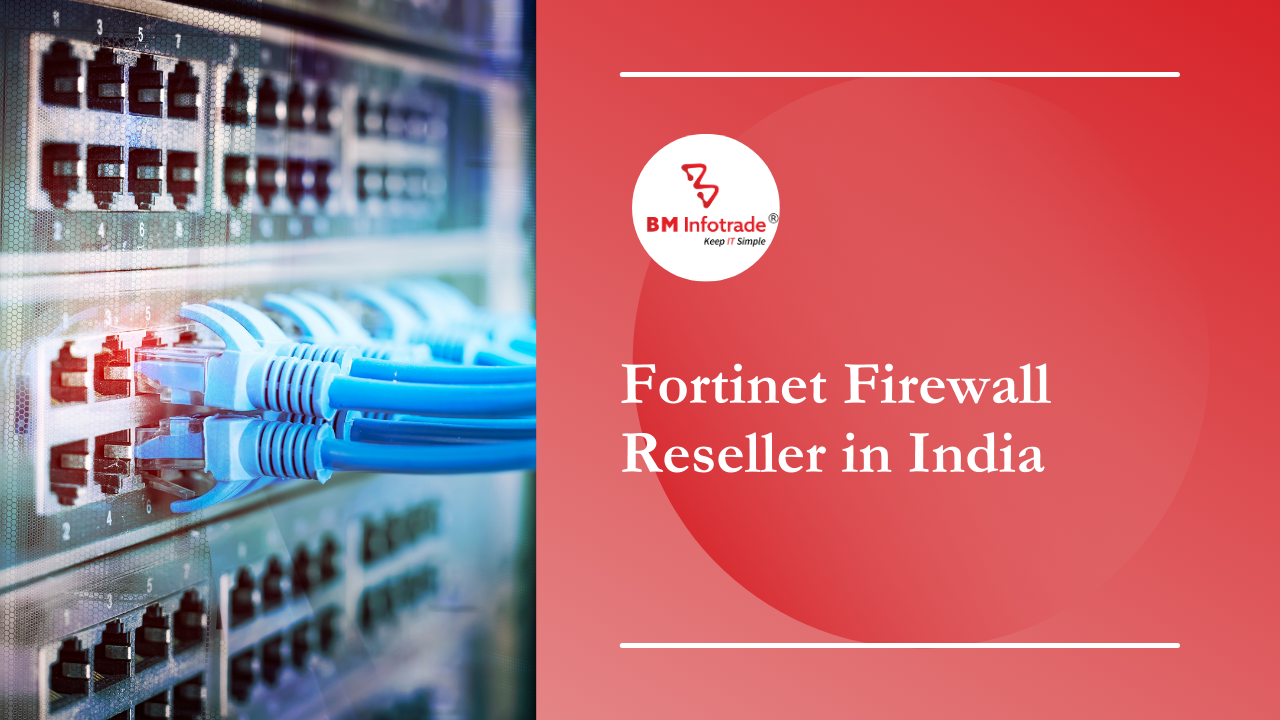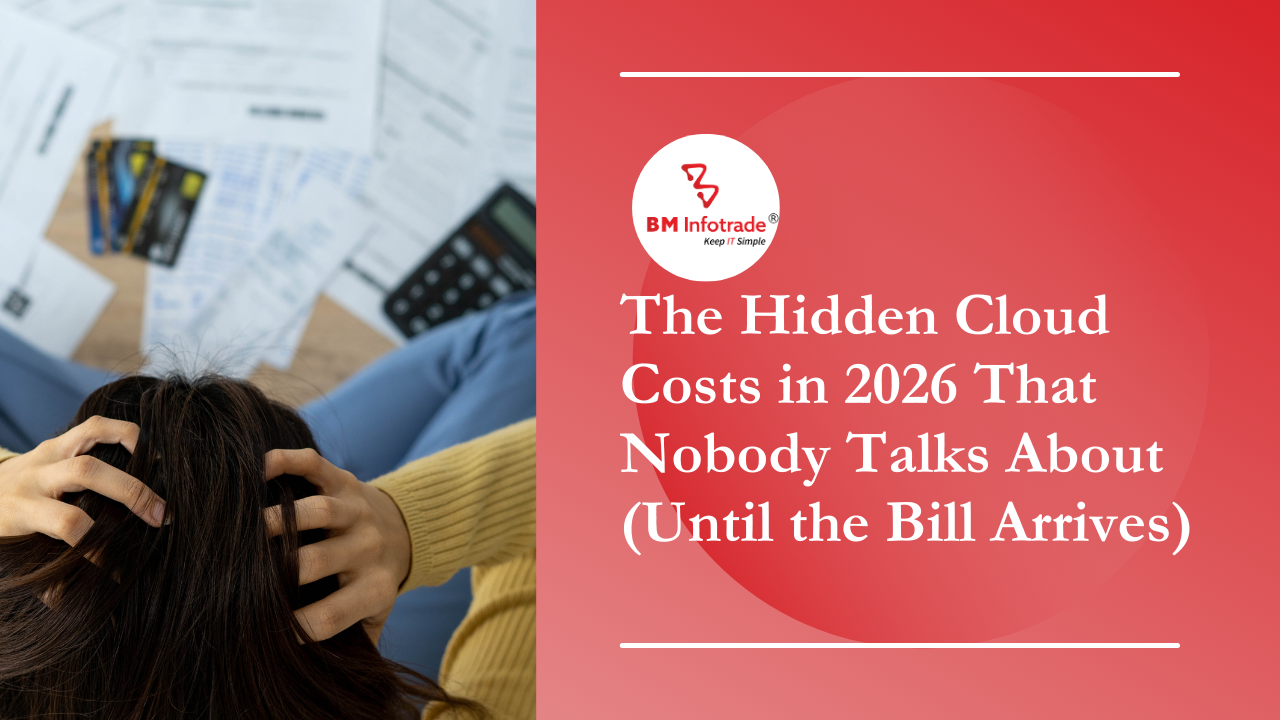Understanding Blockchain: A Revolution in Digital Transactions
The invention of Blockchain technology has brought about a positive change in the way people carry out digital transactions. Simply put, a blockchain is defined as a digitized decentralized database or record book where entries are made and copies are maintained on several computers for ease of access by all.

Understanding Blockchain: A Revolution in Digital Transactions
Table of Contents
The invention of Blockchain technology has brought about a positive change in the way people carry out digital transactions. Simply put, a blockchain is defined as a digitized decentralized database or record book where entries are made and copies are maintained on several computers for ease of access by all. An initial application of this technology was to create a framework for bitcoins, but now it has spread to cover a range of sectors which are trying to address some of the problems that arise from old transaction ways.
How Blockchain Works
Each operation in the Blockchain comes back to a network of computers called nodes that are tasked with approving and storing the operational records. Here is an oversimplified what it comprises:-
Transaction: The process starts with an individual activating a transaction. This could be about sending some cryptocurrency, signing a contract, or anything that safely requires data storage.
-
Block Generation: The information regarding the transaction is put with some other data into one block. This block is sent to the set of nodes in the network.
-
Consensus: Nodes make a consensus regarding the operation using a mechanism either PоW or PоS. When the transaction has been confirmed by every node, the new block will be integrated into the current list of blocks in the network; thus, the term blockchain.
-
Finalization: After a block has been integrated into the chain of blocks, the particular transaction is permanently captured as it is unchangeable and open for visibility.
Read More:- How to Start the Digitization Process: Simple Steps to Follow
What is Blockchain Technology and Steepness of Its Nature
It is the application of advanced technology, several prominent characteristics differentiate blockchain technology from traditional transaction systems:
-
Decentralization: In contrast to the conventional system which is centralized, blockchain does not present a central failure risk as it is peer-reviewed.
-
Transparency: It includes any reflected transactions such avail appeared on the network for reviewing the operations of the particular scheme.
-
Security: A transaction on the information plate called blockchain is protected by the security measures provided by computers in such a way that it reduces hacks or fraudulent activities.
-
Immutability: A fight can be ingeniously lost in information making sure that every recorded detail is trustworthy after a transaction is embarked upon.
Other Areas where Blockchain Is Being Utilized other than Cryptocurrencies
In essence, most people only know the blockchain technology thanks to virtual currencies. However modern virtual currencies are just a certain use of this technology in such a way that:
-
Supply Chain Management: Businesses could track the sourcing and tracking of authenticated products in the supply chain system.
-
Healthcare: It distributes patient clinical information, restricting data misuse encompassing patient’s identity.
-
Finance: The only use of blockchain technology is cryptocurrency. However, relief from the virtual currency is not the only benefit the technology brings further.
-
Smart Contracts: These refer to contracts that would ensure self-enforcement. It is executed without any human intervention after acceptance. Then blockchain settles the obligation after the requirement in the contract is fulfilled.
Read More:- How B2B platforms are leveraging IoT to improve Supply Chain Management
Advantages of Blockchain Technology
Numerous benefits of blockchain make it an appealing platform for carrying out digital transactions:
-
Low Costs: Rather central authorities are rendered useless through blockchain hence cutting down on operating expenses.
-
Quickness: Payments these days can be made quicker. Cross-border payments always took up to days in traditional banking methods.
-
Integrability: Cyber attacks are very hard on blockchain given its distributed characteristics and the use of codes.
-
Reputation: There is high confidence among the users of the system most of whom aren’t known to each other because all transactions are captured and no paper is required.
Difficulties with Blockchain Utilization
Every technology has its own merits and demerits and blockchain technology is no exception in this case and there are some limits towards its usage across the board:
-
Scalability: As transactions grow in bulk, the speed at which the blockchain operates will slow down and maintenance costs will increase.
-
Regulatory Risk: The only possible response towards this kind of regulation dominates telecommunications in this age and almost every nation has its distinct rules about blockchain or currencies associated with it.
-
Green: Such approaches for example Proof of Work require much energy and thus affect climate change.
-
Difficulty: Blockchain technology is very difficult and can only be deployed and kept by well-informed people.
The Future of Blockchain
This section introduces some fresh and inspiring ideas about blockchain which will particularly enhance its development in the future. Other innovations are Layer 2 solutions for better scalability and some of them are centered on achieving low energy consumption. As the regulatory landscape becomes clearer, the phase of commercial utilization of blockchain in more industries is expected.
The introduction of blockchain technology into each industry will undoubtedly benefit its development. It is easy to see that it is a technology which will have a lot of impact. Any domain where digital transactions take place including banking, medical services, and supply chain management will also benefit from the inclusion of blockchain technology.
We can safely state that blockchain is not just another technology; rather, it changes the paradigm of how things are done in the digital economy. Security, transparency, and efficiency coupled on the other hand with decentralization will ensure that networked assets go a long way in changing the global economy. As we have only scratched the surface in the study of this phenomenon, its contribution to the enhancement of the global economy will only increase. Thus, the world of future digital transactions will change in a manner that is yet to be fully articulated.








Anshul Goyal
Group BDM at B M Infotrade | 11+ years Experience | Business Consultancy | Providing solutions in Cyber Security, Data Analytics, Cloud Computing, Digitization, Data and AI | IT Sales Leader